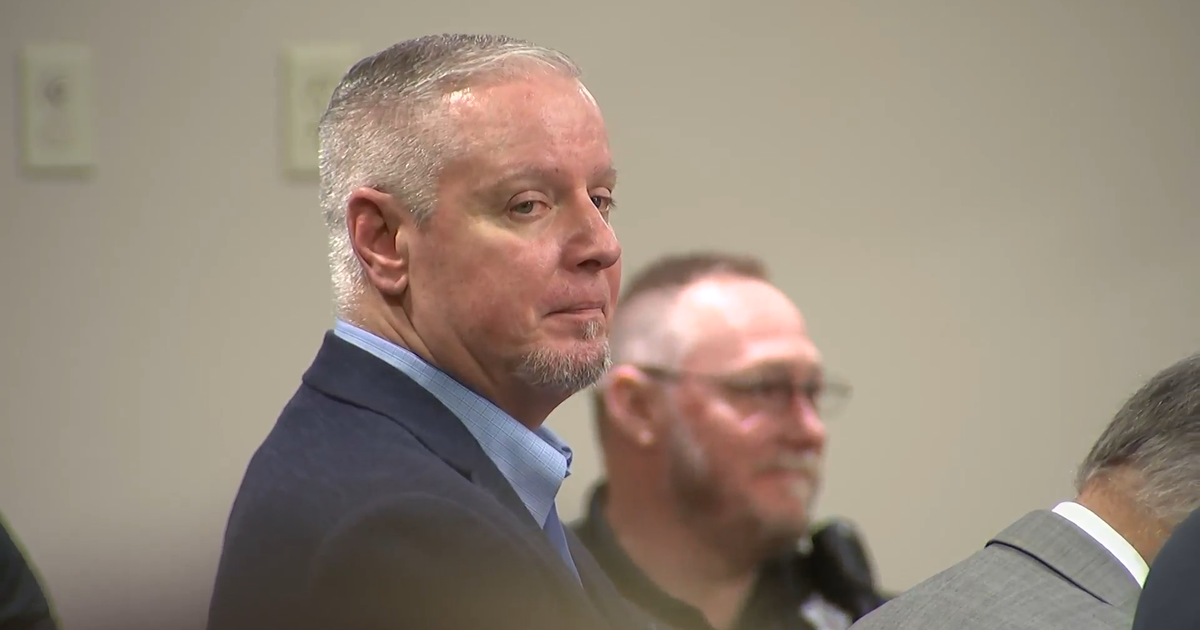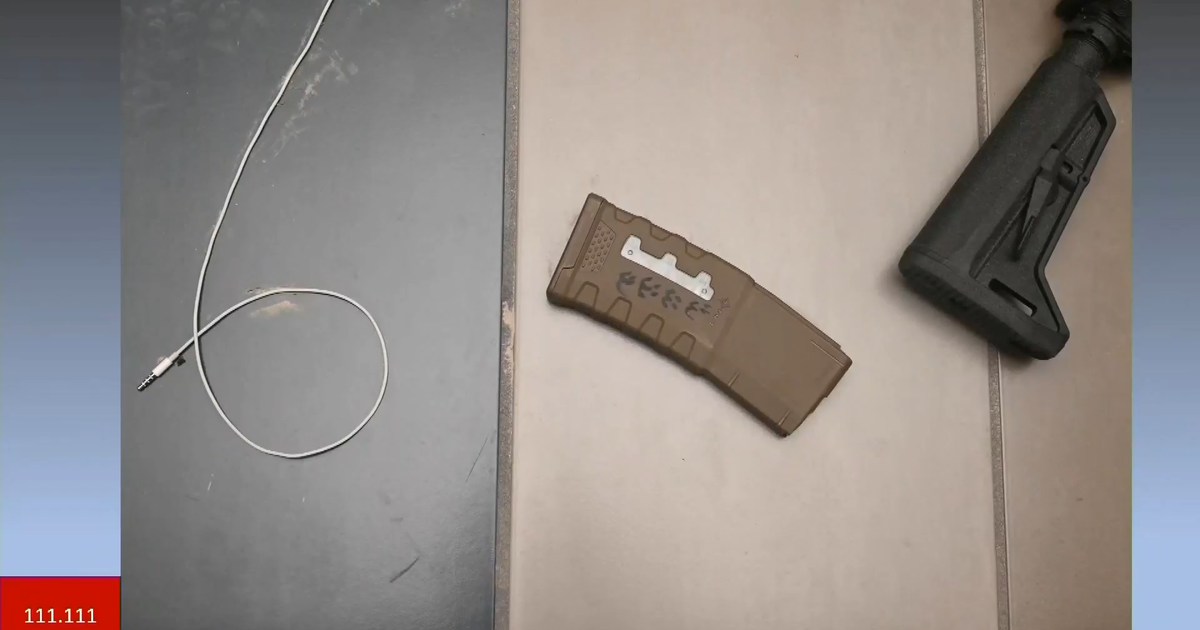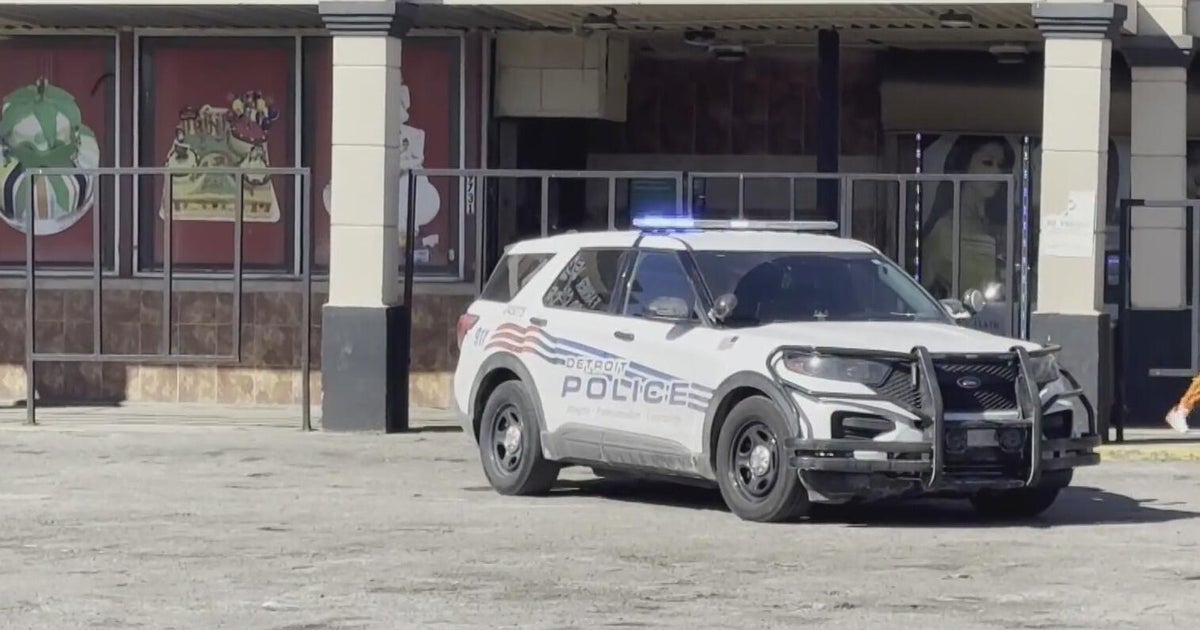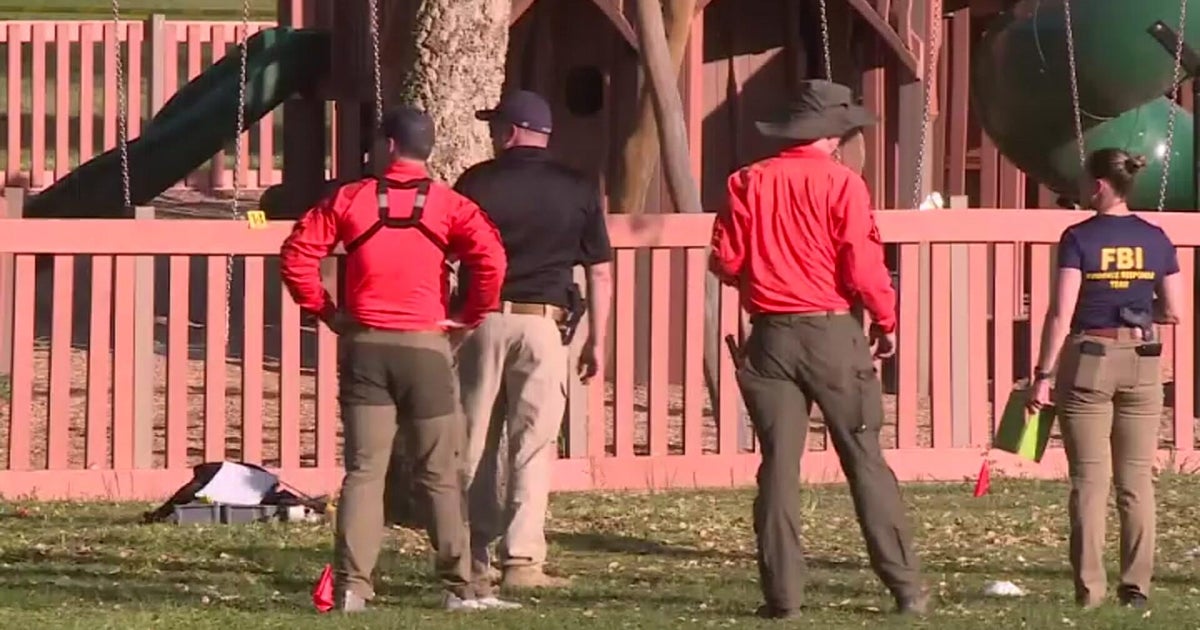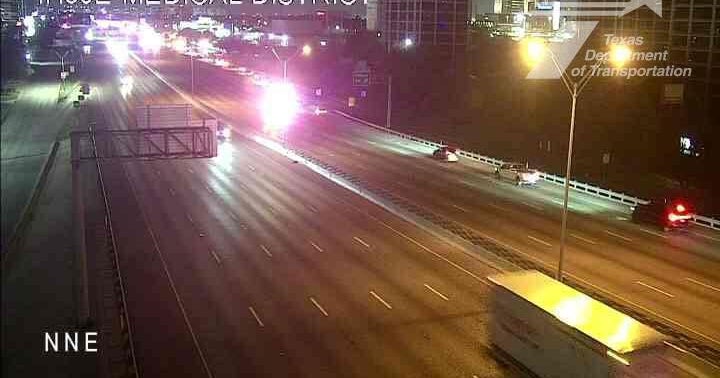Movie Review: 'Parkland'
By Bill Wine
KYW Newsradio 1060
PHILADELPHIA (CBS) -- Parkland takes its title from the hospital in Dallas where President John F. Kennedy died after being assassinated on November 22, 1963.
It's a witness-to-history drama about the immediate aftermath of the shooting and the events of the next four days.
But instead of exploring theories about the assassins or conspiracies involving grassy knolls and book depositories that have been the subject of such films as Oliver Stone's JFK, Parkland concerns itself with the ordinary people directly or tangentially involved in the extraordinary circumstances, chaotic and confusing as they were, on that fateful day, and the effect that the unthinkable events had on them.
Following the motorcade shooting in Dealey Plaza in Dallas, Pres. Kennedy was rushed to Parkland Memorial Hospital, where he was pronounced dead after frantic, desperate attempts to save his life.
Then, two days later (with, if not the whole world, then certainly the whole nation watching on television), his assailant, Lee Harvey Oswald, was shot. He died in the same hospital.
Parkland concentrates on an array of interconnected characters including besieged hospital staffers, with Zac Efron as the first-year doctor on duty, Marcia Gay Harden as the head nurse in the trauma room, and Colin Hanks as the resident physician in charge.
Abraham Zapruder, played by Paul Giammati, plays the women's clothing manufacturer and cinematography hobbyist who was filming in 8mm that day and happened to capture what would turn out to be probably the most scrutinized piece of celluloid in the history of film.
Billy Bob Thornton plays the local head of the Secret Service, Ron Livingston and David Harbour the local FBI agents.
And although the film does not pursue conspiracy theories involving the actions of Lee Harvey Oswald, he is portrayed by Jeremy Strong, while James Badge Dale is his brother Robert, and Jacki Weaver their mother, Marguerite.
Debuting writer-director Peter Landesman, a journalist turned moviemaker, bases his film on part of the massive book by Vincent Bugliosi, Four Days in November: The Assassination of President John F. Kennedy.
One could question whether including so many characters in the cinematic canvas is a more productive approach than, say, peering through the eyes of one principal participant.
Or one could argue that a film called Parkland should have kept its perspective within the confines of the hospital and not dealt so extensively with characters outside that setting.
One might also question whether integrating a visual portrayal of first lady Jackie Kennedy in so casual and unconvincing a way works in a film in which virtually all the other characters are unfamiliar enough to not be distracting in their physical inexactitude.
But that Landesman is trying to be true to his source material and history itself seems apparent.
And the film, more journalistic than artistic but nonetheless moving when it should be, is wise to ignore a controversy that has been so frequently explored and instead offer historical detail, political magnitude, and memorial gravity.
So we'll revisit 2½ stars out of 4 for Parkland, a respectable you-are-there ensemble docudrama about an overwhelmingly profound and momentous day in our collective history.
